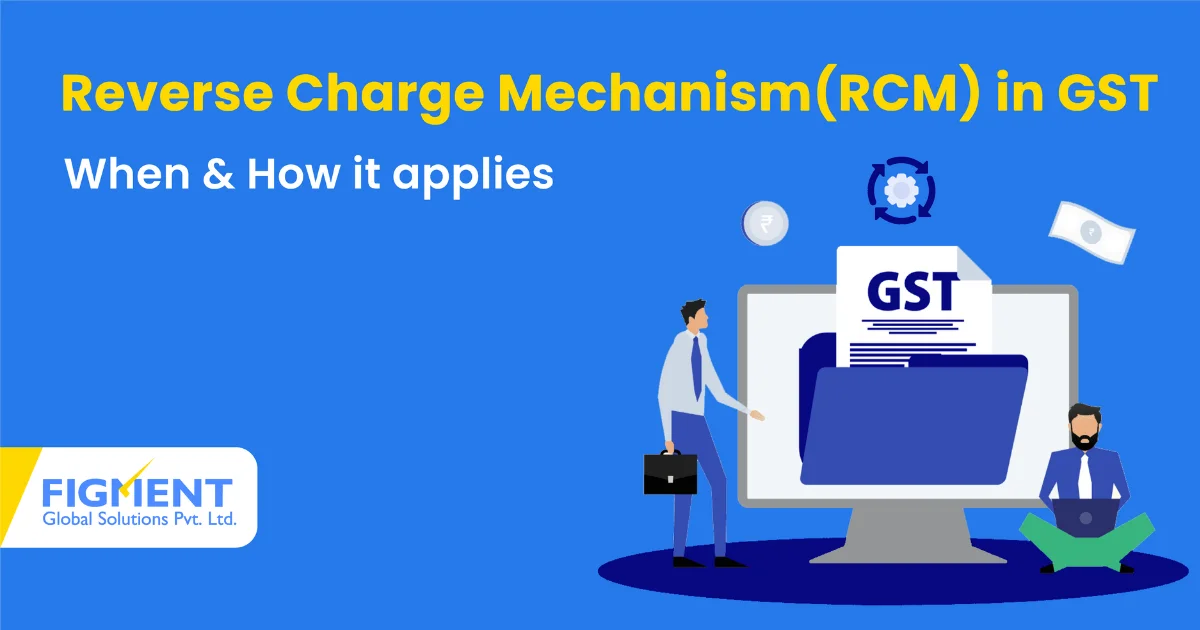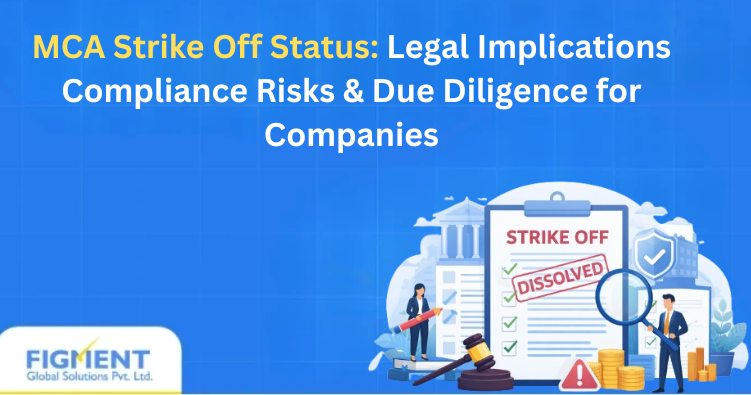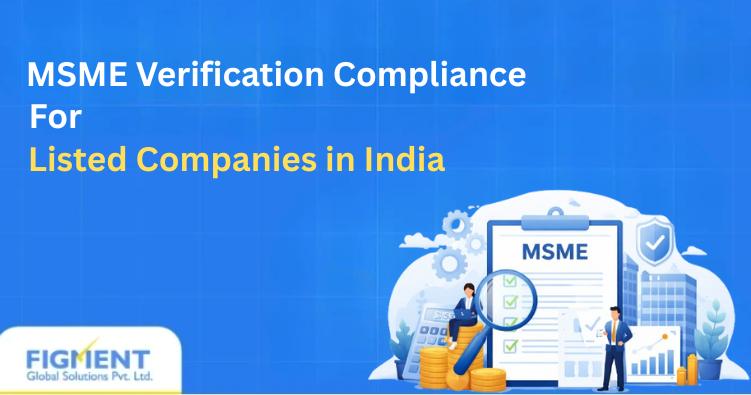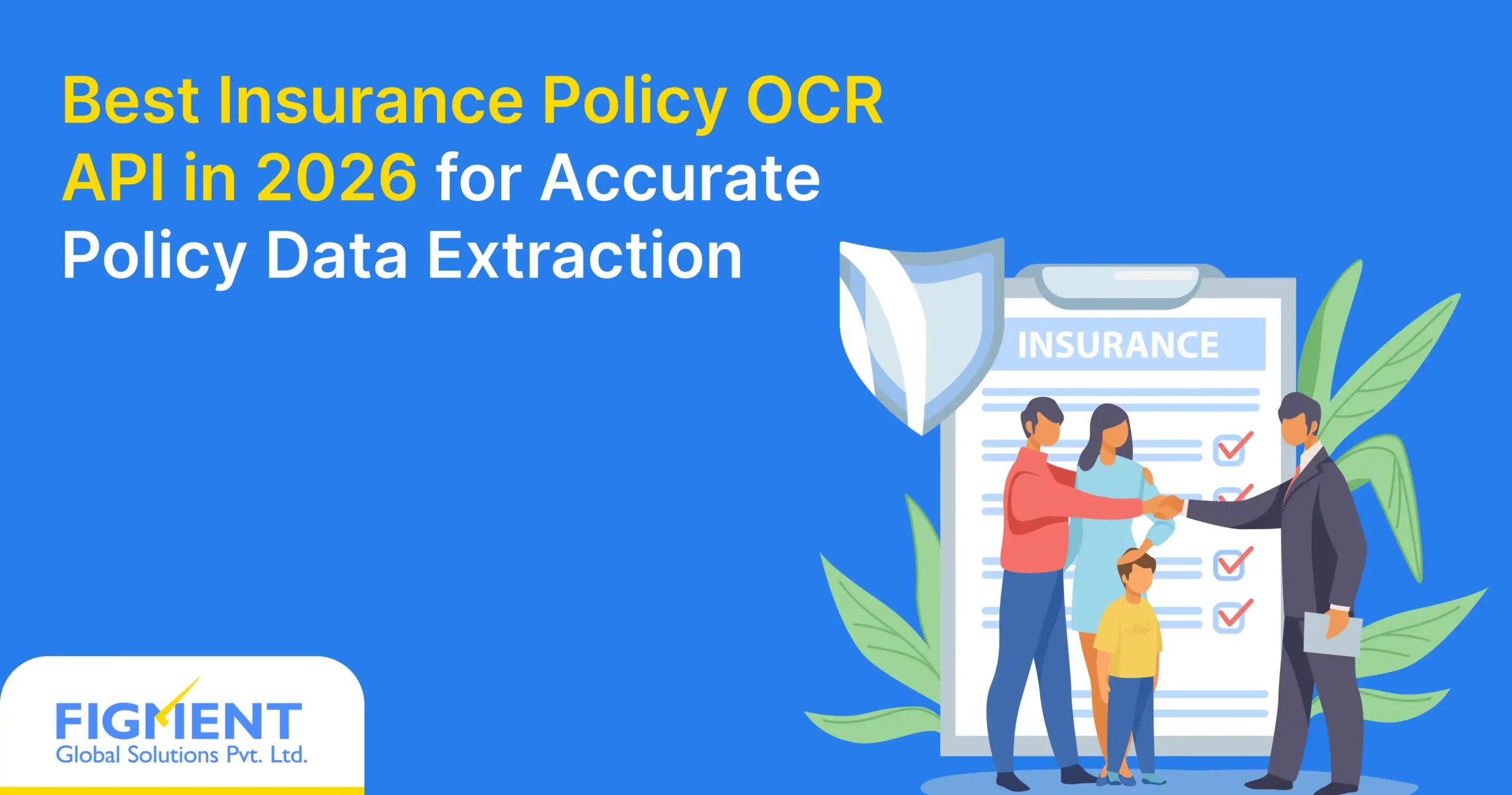In India’s evolving GST framework, the Reverse Charge Mechanism (RCM) ensures compliance, particularly in transactions involving unregistered suppliers, imports, or specific notified goods and services. Under RCM, the recipient of goods or services becomes liable to pay GST, not the supplier.
This blog presents a complete guide to RCM, covering:
- What is RCM?
- When and how it applies
- Input Tax Credit (ITC) eligibility
- Rental of immovable property (residential & commercial)
- List of notified goods and services
- Documentation requirements
- 2024–25 updates and amendments
- Real-world examples
- Pro tips and tools
What is Reverse Charge Mechanism (RCM)?
- Under normal GST, the supplier collects and remits tax. Under RCM:
- The recipient pays GST directly to the government.
- ITC can be claimed (if eligible).
- Documentation is mandatory.
RCM ensures tax coverage when:
- Supplier is unregistered.
- Supplier is outside India.
- Supply is from notified sectors/services.
- Transaction is via e-commerce platforms.
When Does RCM Apply?
1️. Notified Goods and Services (Section 9(3))
Government notifies categories (legal, GTA, security services, etc.) where RCM is mandatory—regardless of supplier status.
2️. Supply from Unregistered Dealers (Section 9(4))
Applicable for registered buyers purchasing from unregistered suppliers—currently restricted to the real estate sector.
3️. Import of Services
Indian recipients are liable to pay IGST on imported services under RCM.
4️. E-commerce Operators (Section 9(5))
RCM liability falls on the operator (like cab aggregators or hotel booking apps) for specific services.
5️. Renting of Immovable Property
RCM applies in two major rental cases:
- Commercial Property: If a registered person rents commercial space from an unregistered owner, RCM is applicable.
- Residential Property: RCM does not apply if a registered taxpayer rents residential property for personal/residential use.
- However, RCM applies if the residential property is used for business purposes by a registered person—even if it’s classified as “residential.”
Input Tax Credit (ITC) under RCM
- Yes, ITC is allowed on RCM tax if:
- GST is paid in cash (not via ITC).
- Supply is used for business purposes.
- Self-invoice and payment voucher are maintained.
- Tax is reported in GSTR-3B (Tables 3.1(d) and 4A).
- Supplier has not charged GST in their invoice.
Note: ITC must be claimed in the same tax period as payment.
Required Documentation for RCM Compliance
To stay audit-ready:
- Self-Invoice (if supplier is unregistered)
- Payment Voucher
- RCM Challan (proof of tax paid)
- Vendor Agreement/Contract showing RCM clause
- Tax Working Sheet with RCM tax breakup
- GSTR-3B returns showing RCM liability and ITC claim
Notified Services Under RCM – Section 9(3)
| # | Service Category | RCM Liability On |
| 1 | Goods Transport Agency (GTA) | Registered Person |
| 2 | Legal Services by Advocate | Business Entity |
| 3 | Arbitral Tribunal Services | Business Entity |
| 4 | Sponsorship Services | Body Corporate |
| 5 | Government Services to Business (excluding rent) | Business Entity |
| 6 | Director Services | Company |
| 7 | Insurance Agent Services | Insurance Company |
| 8 | Recovery Agent Services | Bank/NBFC |
| 9 | Motor Vehicle Rental (non-body corporate) | Body Corporate |
| 10 | Security Services (non-body corporate) | Registered Person |
| 11 | Musician/Artist/Performer | Producer |
| 12 | Copyright Licensing | Publisher |
| 13 | E-commerce App Services | E-commerce Operator |
| 14 | Freight Forwarding (Logistics) | Importer/Exporter |
| 15 | Services to RBI by Overseeing Committee | RBI |
| 16 | TPA to Insurance Company | Insurance Company |
| 17 | Renting of Immovable Property (Unregistered landlord → Registered tenant) | Registered Tenant |
Notified Goods Under RCM – Section 9(3)
| # | Goods | Recipient Liable |
| 1 | Cashew Nuts (unshelled) | Registered Buyer |
| 2 | Bidi Wrapper Leaves | Registered Buyer |
| 3 | Tobacco Leaves | Manufacturer/Trader |
| 4 | Silk Yarn | Registered Dealer |
| 5 | Raw Cotton | Registered Buyer |
| 6 | Used Vehicles from Govt. | Buyer |
| 7 | Metal Scrap (unregistered seller) | Registered Person |
| 8 | Fortified Rice Kernel (FRK) | Registered Buyer |
2024–25 Updates You Should Know
Time of Supply
- Self-invoice must be issued within 30 days of supply receipt.
- Delay can lead to loss of ITC eligibility.
Refund Provisions
- Excess RCM paid? Refund allowed with proper justification and backup.
Composition Dealers
- Must report RCM separately but not eligible for ITC.
Other Important Changes
- FRK GST rate reduced to 5% (from Jan 16, 2025)
- Gene Therapy Services made GST-exempt
- Scrap dealers now mandatorily required to register
Real-Life Examples for Clarity
| Scenario | RCM Applicability |
| ��⚖️ Legal Services | XYZ Ltd. hires lawyer – XYZ pays GST under RCM |
| �� GTA Services | Trader books transport – Pays 5% GST under RCM |
| �� Import of SaaS | Foreign software – IGST paid under RCM |
| �� Director Services | Director fee – Company pays GST under RCM |
| �� Rent Commercial Property | Rented from unregistered person – Tenant pays GST under RCM |
| �� Rent Residential Property (personal use) | RCM not applicable |
| �� Rent Residential Property (business use) | RCM applicable |
Pro Tips for Businesses
- Create a monthly RCM tracker in Excel or ERP
- Set up auto-reminders for 30-day self-invoicing deadline
- Maintain a dedicated RCM ledger
- Reconcile GSTR-2B and GSTR-3B monthly
- Monitor CBIC updates for changes in notified services
- Train teams on RCM documentation and compliance







